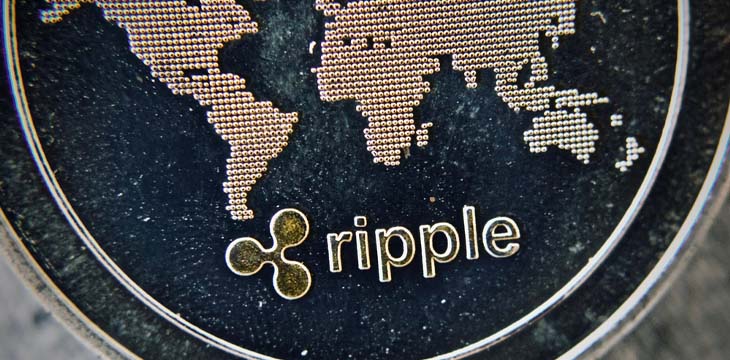|
Getting your Trinity Audio player ready...
|
The U.S. Securities and Exchange Commission (SEC) and Ripple have exchanged filings over one of Ripple’s most prominent defenses against accusations it illegally offered unregistered securities in connection with XRP.
Ripple, which is battling an attempt by the SEC to have the case decided in its favor by summary judgment, hopes to rely on the ‘fair notice’ defense. Under U.S. law, a defendant will in some circumstances have a positive defense to accusations of lawbreaking if they can prove they lacked fair notice that their conduct violated the law—which Ripple argues applies to its offering of XRP.
However, there have been some recent judicial decisions which relate to the fair notice defense which suggest that it would not apply in Ripple’s case. This week, the SEC drew the court’s attention to the most recent of these: SEC vs Commonwealth Equity Servs LLC, which was decided this month and saw the court reject a fair notice defense advanced on the same basis as Ripple. Specifically, it held that the defendant couldn’t rely on the fair notice defense when the SEC’s charges were based on a 50-year-old Supreme Court precedent. This was true even where, as the defendant claimed, the SEC had been aware of the problematic conduct for over two decades.
In other words, failure by the SEC to enforce rules in the past does not excuse breaking of that rule in the present. Given that the SEC’s case is also based on decades-old Supreme Court precedent—the Howey test for determining if an offering amounts to an investment contract and thus is a securities offering—the SEC argued that court should reach the same conclusion.
Ripple came up with a response in short order, telling the court in a filing that the Commonwealth case could not be applied because there, the defendants “adduced no contemporaneous evidence supporting its defense that market participants lacked fair notice.” Ripple said that this was in contrast to its own case, which it said contains ‘abundant’ evidence that reasonable market participants did not believe the offer and sale of XRP amounted to a securities offering. It also argued that Upton, the case upon which Commonwealth is based, ruled in favor of the defendant’s fair notice defense and that the court here should do the same.
Ripple’s response is striking, because while it’s true that Upton found the defendants in that case could rely on a fair notice defense, a federal court in the U.S. has already found that Upton does not apply in Howey securities cases when it ruled on a fair notice defense by digital asset issuer LBRY.
There, the Judge said that Upton concerned an attempt by the SEC to sanction the CFO of a brokerage firm for violating an SEC rule which set out the formula for determining how much brokerages must maintain in a customer reserve account. As the SEC’s sanctions were based on a novel interpretation of that existing rule, and such re-interpretation had not been notified publicly the fair notice defense could apply. The Judge in LBRY said that:
“Instead, the SEC has based its claim on a straightforward application of a venerable Supreme Court precedent that has been applied by hundreds of federal courts across the country over more than 70 years. While this may be the first time it has been used against an issuer of digital tokens that did not conduct an ICO, LBRY is in no position to claim that it did not receive fair notice that its conduct was unlawful.”
There’s some dispute in the Ripple case as to whether XRP was launched via an ICO, but the fair notice ruling against LBRY does not hinge on that question and in any case, Ripple’s position has been the same as LBRY’s: it did not launch via ICO. And it’s true that these prior decisions are not binding on the court in Ripple, it can’t be ignored that those decisions point one way: the fair notice defense is unlikely to save anyone who falls afoul of the Howey test.
Follow CoinGeek’s Crypto Crime Cartel series, which delves into the stream of groups—from BitMEX to Binance, Bitcoin.com, Blockstream, ShapeShift, Coinbase, Ripple,
Ethereum, FTX and Tether—who have co-opted the digital asset revolution and turned the industry into a minefield for naïve (and even experienced) players in the market.

 03-01-2026
03-01-2026 




